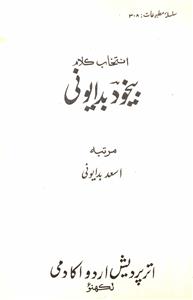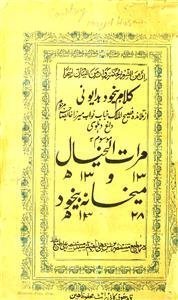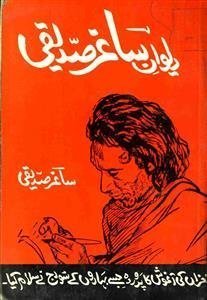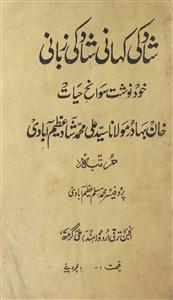 For any query/comment related to this ebook, please contact us at haidar.ali@rekhta.org
For any query/comment related to this ebook, please contact us at haidar.ali@rekhta.org
About The Author
Bekhud Badayuni was born on September 17, 1857 in Badayun's prominent Siddiqui family, known for its prestige in the areas of Islamic scholarship, mysticism (tasawwuf or "Sufism"), and literary pursuits.
Bekhud trained and qualified as a lawyer, and spent time practicing law in Muradabad and Shahjahanpur. Tiring of the practice of law, he eventually entered into government service, serving as a high official first in the princely state of Sirohi (in Rajasthan), then in the princely state of Jodhpur, where he spent the remainder of his life.
Bekhud initially entered the tutelage of Maulana Altaf Hussain Hali, Ghalib's most renowned protégé and it was under Hali's guidance that Bekhud chose his pen-name. Around 1879, concurrent with the publication of Hali's Musaddas-e-Hali (considered the beginning of the modern age of Urdu poetry) and Hali's shift in focus away from traditional forms and subjects of poetry, Bekhud left Hali and became the disciple of Nawab Mirza Khan Daagh Dehlvi, the last of the great poets of the erstwhile Mughal Court. He did not publish his collection of poetry (diwan) until 1910 (two years before his death). His literary works include Hosh-o-Khirad ki Dukaan (1889), Sabr-o-Shakeb ki Loot (1889), Marraat-ul-Khayaal(1910), Afsaana-e-Bekhud.
He died in 1912 in Badayun.
 For any query/comment related to this ebook, please contact us at haidar.ali@rekhta.org
For any query/comment related to this ebook, please contact us at haidar.ali@rekhta.org












